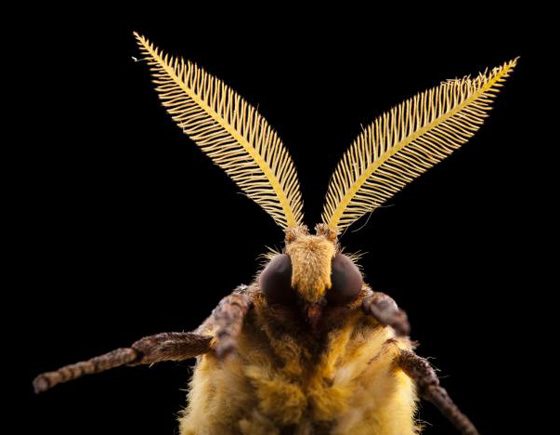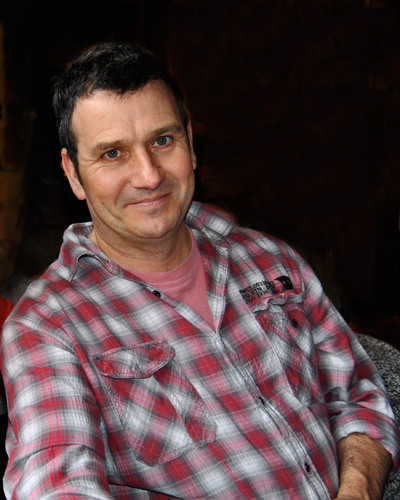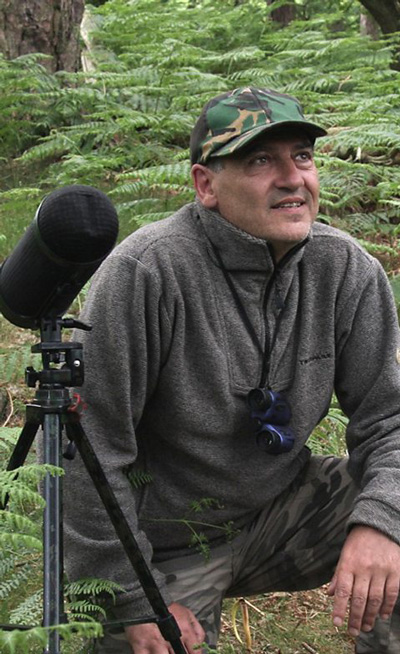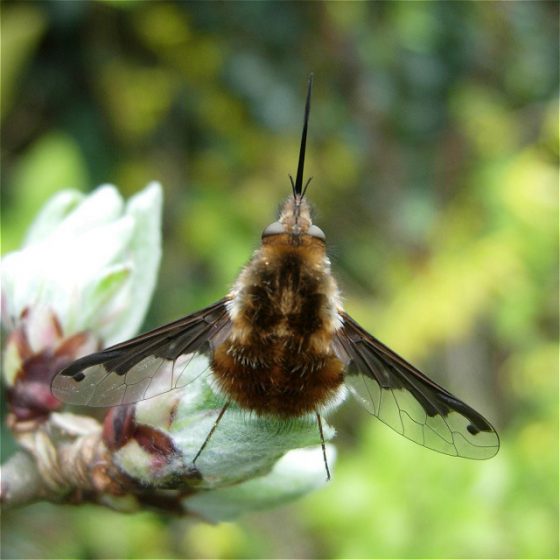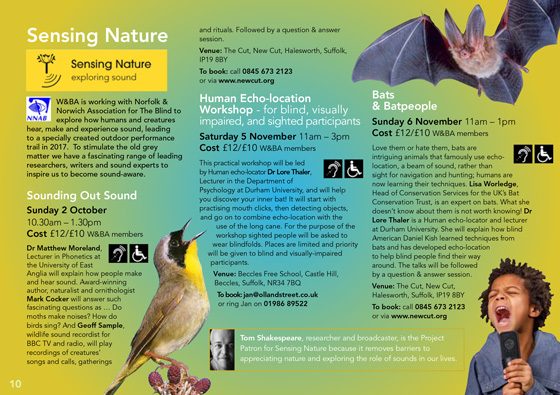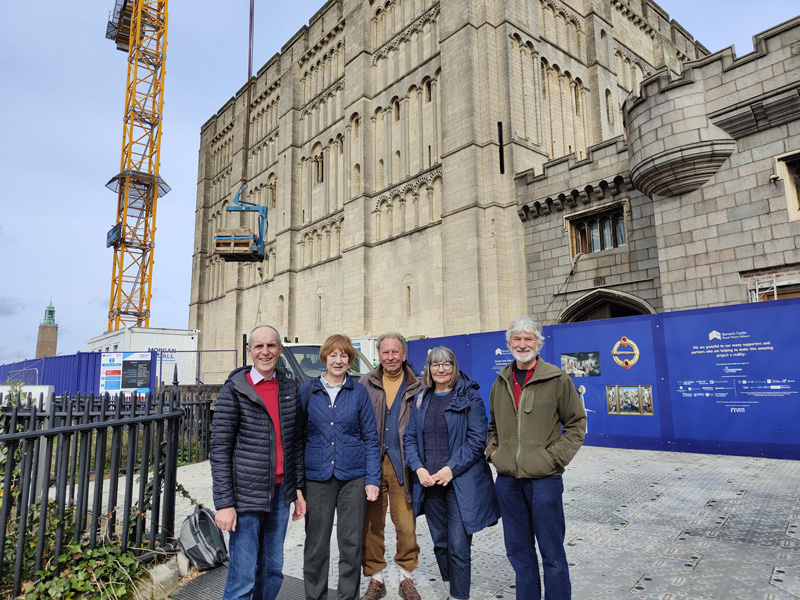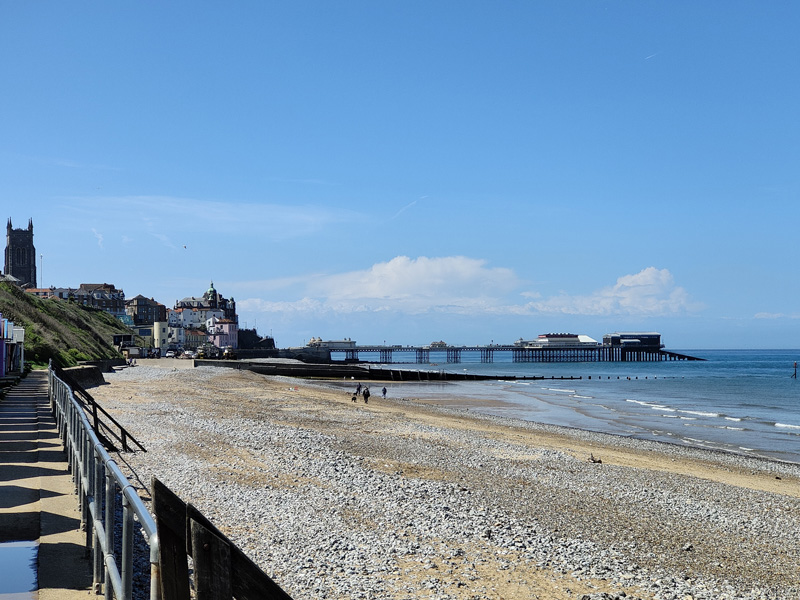>October Events / Events in Norfolk and Suffolk / Tourist Attractions Norfolk and Suffolk / Waveney Valley / Wildlife September 26, 2016
Most people rely on their sight to help negotiate the world around them, but for a significant number of humans, and quite a few animal species, this information comes from interpreting the sounds around them.
On Sunday 2nd October 2016 Waveney & Blyth Arts has arranged a morning of illustrated talks and wildlife recordings at The Cut, Halesworth, by experts in the field of human and animal sounds.
Dr Matthew Moreland, Lecturer in Phonetics at the University of East Anglia, will start by explaining how people make and hear sound. He will give an introduction to the ‘speech chain’ that we use – from forming a message in the brain, to the articulators that we modify to ‘filter’ the sound, the acoustics of speech, to how we ‘hear’ sound and interpret it. He will also touch on the impact of hearing impairments at different frequencies.
Mark Cocker is an author, naturalist and environmental activist who writes and broadcasts on nature and wildlife in a variety of national media, and is perhaps best known for Claxton: Field Notes from a Small Planet (2014) and Birds and People (2013). He has a very broad knowledge of the ways of wildlife and will answer such fascinating questions as … Do moths make noises? What is the loudest sound an insect makes? How do birds sing?
Finally, Geoff Sample, a hugely experienced wildlife sound recordist for BBC TV and radio, will play recordings of creatures’ songs and calls used in domestic interactions, gatherings and mating rituals.
The event marks the start of a year-long project called Sensing Nature which will explore the nature of sound and sounds in nature. It has been developed with Norfolk & Norwich Association for the Blind and aims to encourage visually impaired people to experience nature first hand and to get involved in creating and performing music inspired by nature.
The event, which runs from 10.30am to 1.30pm, is open to everyone and visually impaired people are particularly welcome. Detailed access guidance is available and all visual content will be live audio-described by Louise Fryer, a professional presenter and audio-describer for BBC Radio 3, the National Theatre and VocalEyes.
Tickets available in advance from The Cut 0845 673 2123 or www.newcut.org or on the door. £12 adults, £5 visually impaired people and companions, £10 Waveney & Blyth Arts members.
NOTES
- Waveney & Blyth Arts is a voluntary group that was established in 2010 to strengthen the cultural identity of the Waveney and Blyth valleys, and to increase the impact of the arts in enriching lives in this largely rural area. We achieve this through projects that bring together artists, environmentalists, local people and volunteers to celebrate and explore a sense of place. Each year W&BA organises a programme of creative walks, themed talks and social events alongside larger scale projects which create opportunities for artists to respond to the local environment and share their work with a wide audience. These include the highly successful River Waveney Sculpture Trail which attracted over 3000 people (2016); Discovering Doggerland (2015/16) which highlighted environmental change along the Suffolk coast through the responses of commissioned artists, makers and storyteller; Translated By Reeds (2012), a tour of a new choral work by Karen Wimhurst inspired by the river landscape, conducted by Sian Croose of Voice Project; and Famous Five Birds (2013) which took ornithologists, poet (Matthew Howard) and puppet-maker (Nutmeg Puppets) into ten Primary schools for a day of activities and then toured a family show to eight local venues.
- Mark Cocker is an author, naturalist and environmental activist who writes and broadcasts on nature and wildlife in a variety of national media. His ten books include works of biography, history, literary criticism and memoir. His latest books are Claxton: Field Notes from a Small Planet (2014) and Birds and People (Jonathan Cape), which was published to international acclaim in 2013 and was a collaboration with the photographer David Tipling. His previous book Crow Country was shortlisted for several awards, including the Samuel Johnson Prize (2008), and won the New Angle Prize for Literature (2009). For the last 35 years his home has been in Norfolk, where much of his free time is devoted to the restoration of a small wooded fen called Blackwater and all its thousands of wild inhabitants.
- Geoff Sample has spent the last 22 years recording and studying wildlife sound, with a special focus on birdsong. He’s the author/producer of a series of audio guides published by HarperCollins, including the best-selling Collins Bird Songs and Calls, as well as other publishers, the British Trust for Ornithology and Scottish Natural Heritage; and he regularly leads workshops, gives talks and performances at festivals and conferences.
Alongside his natural history work Geoff regularly collaborates with artists and musicians on creative projects, from the multi-screen installation ‘Dawn Chorus’ with Marcus Coates, to providing field recordings for Kate Bush and John Cage albums. He lives in Northumberland, on the edge of the Cheviots, and keeps busy documenting the dawn chorus in the best remaining examples of European habitat types, or working up antiphonies with the blackbirds in his garden. He describes himself as a zoomusicologist and feels music is a language common to all animal life.

